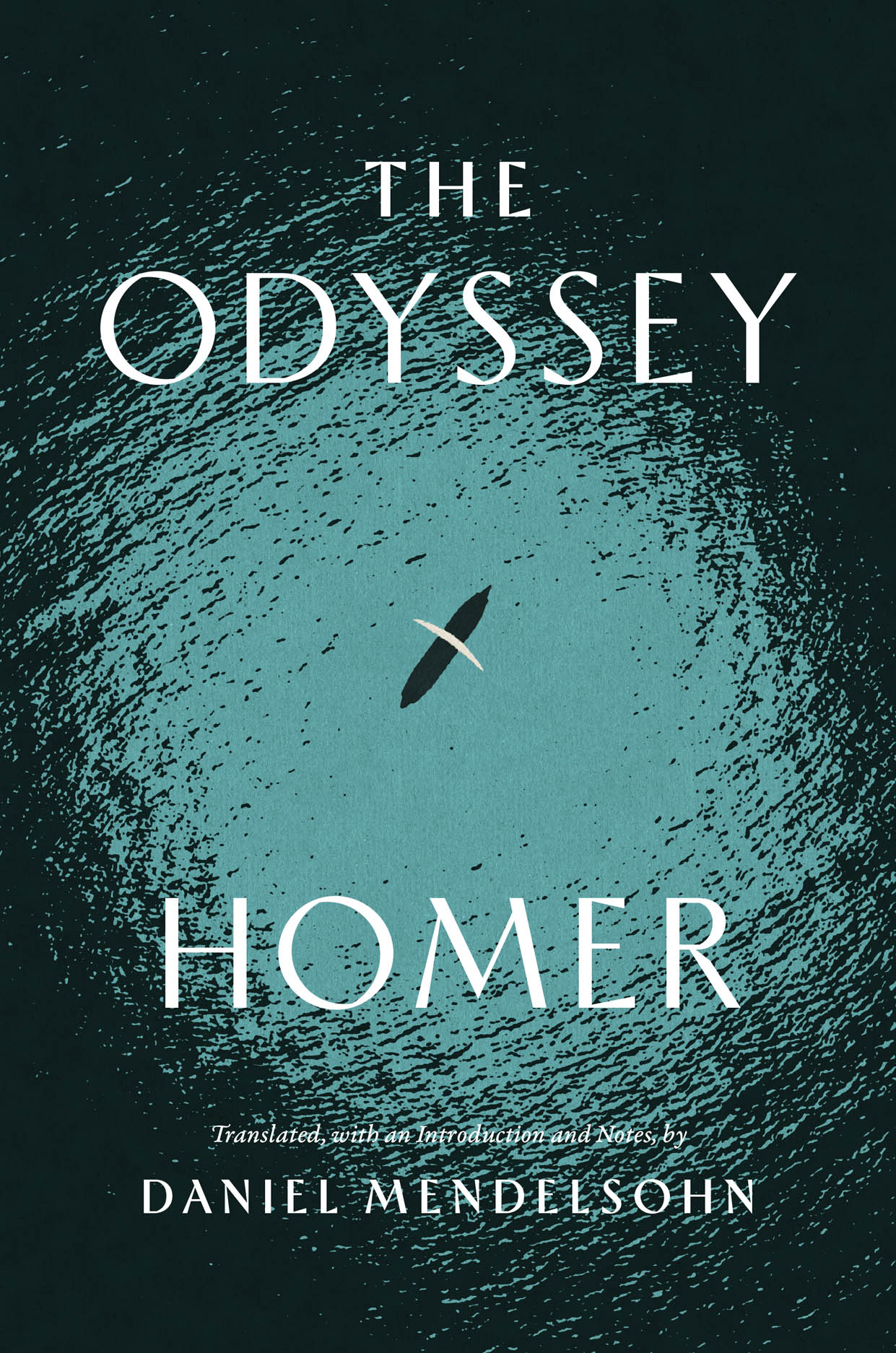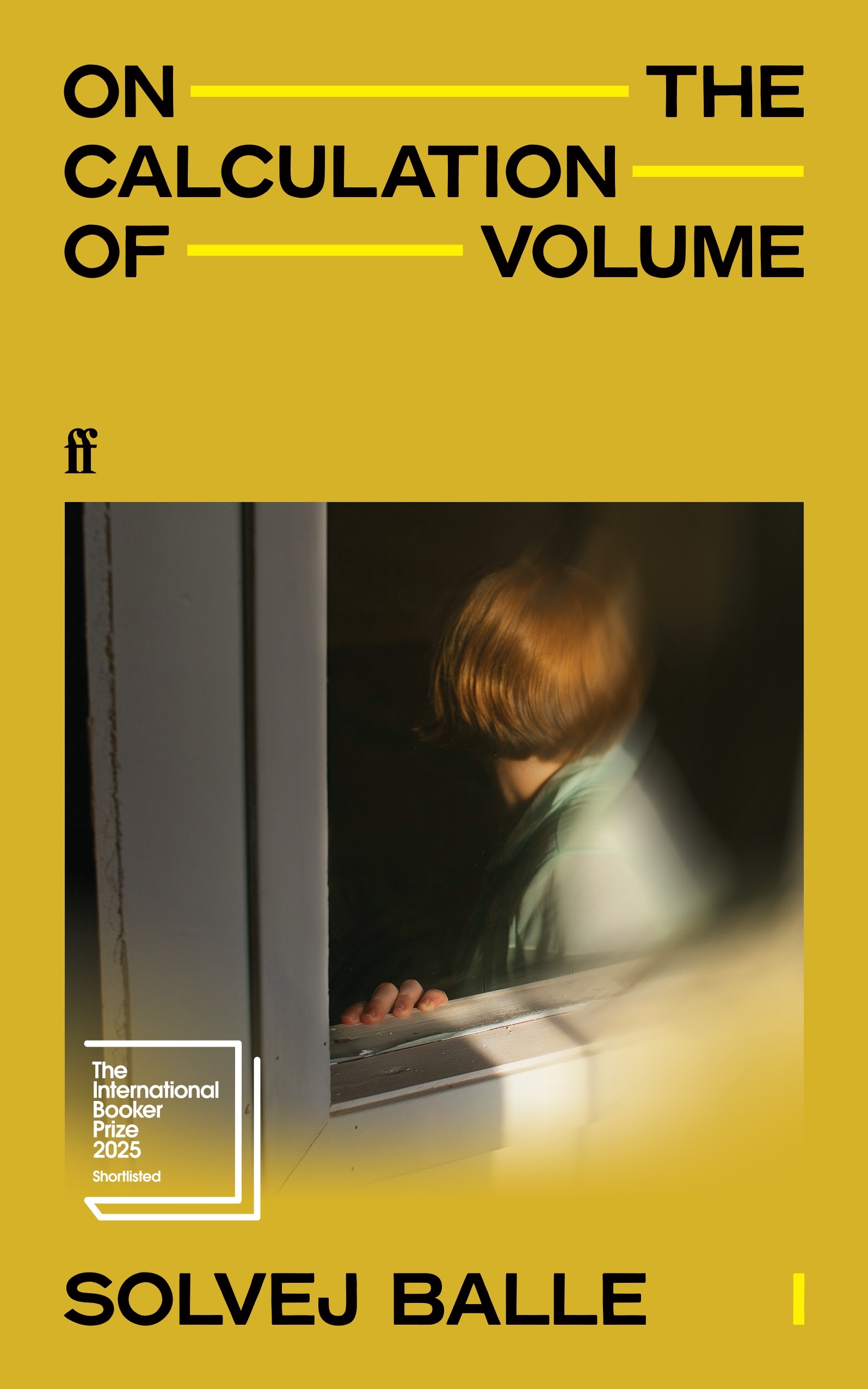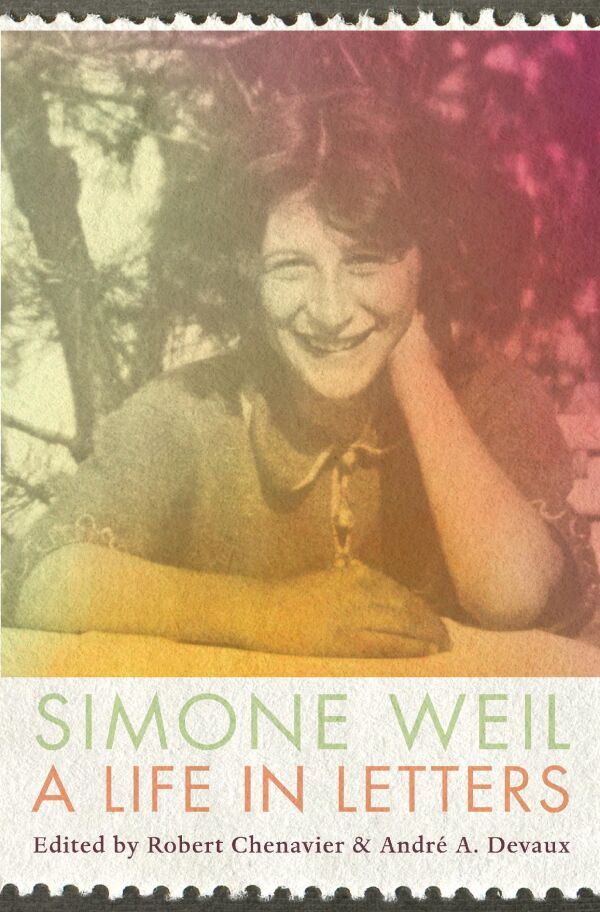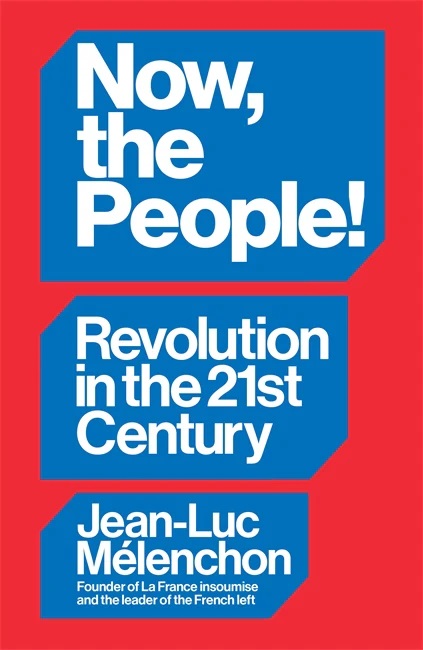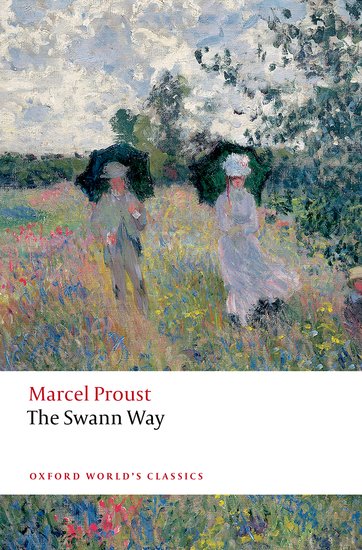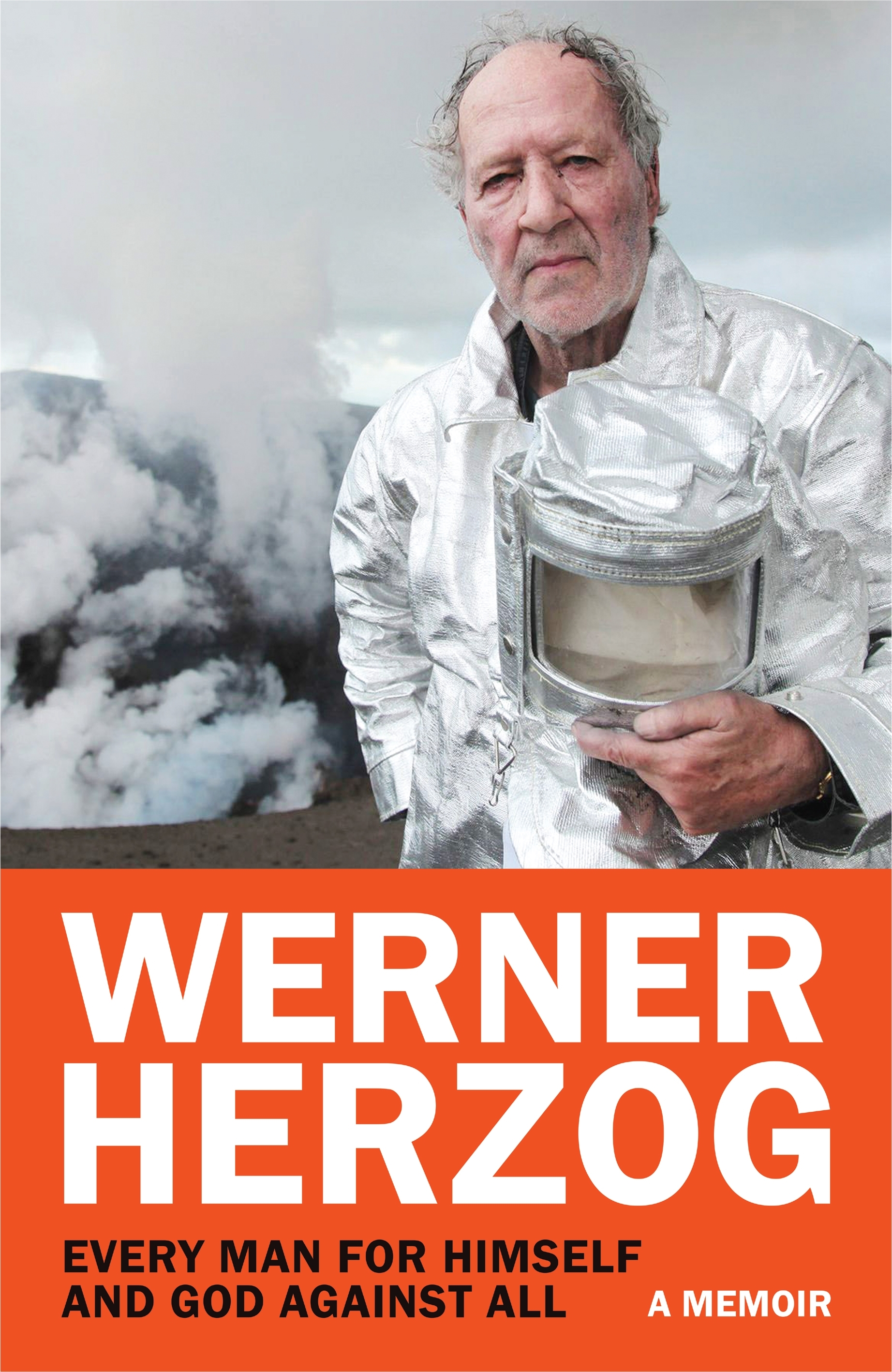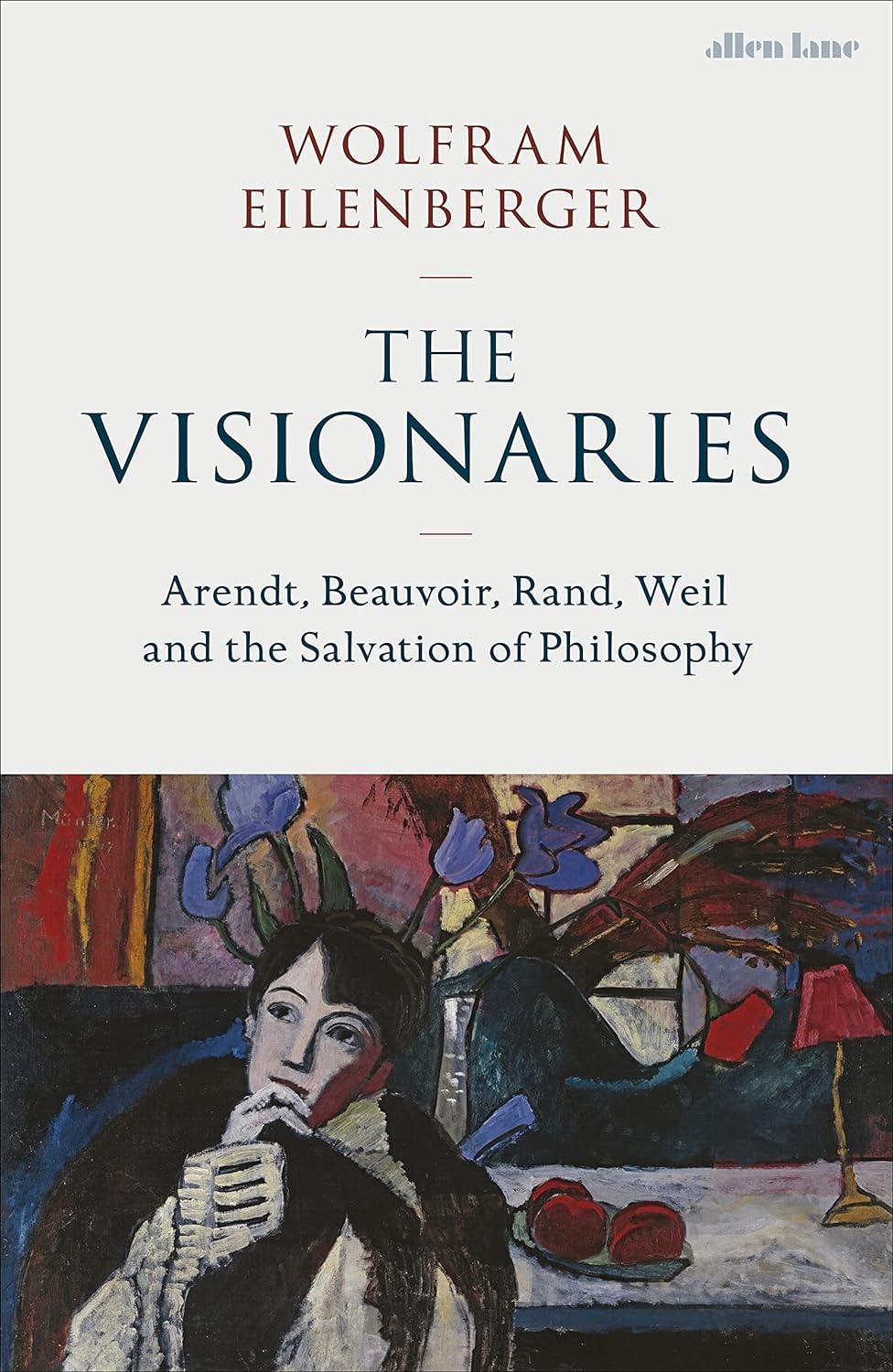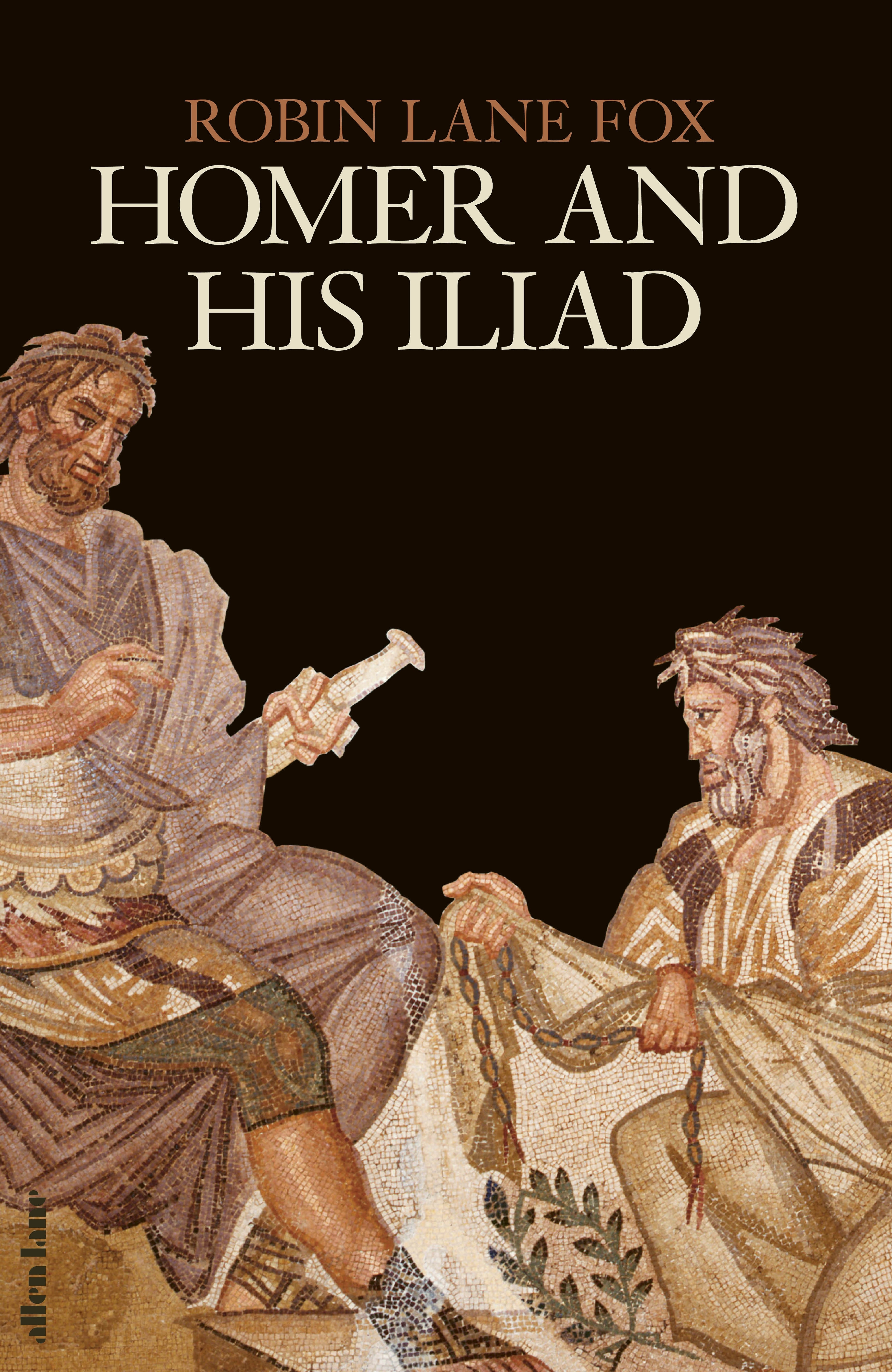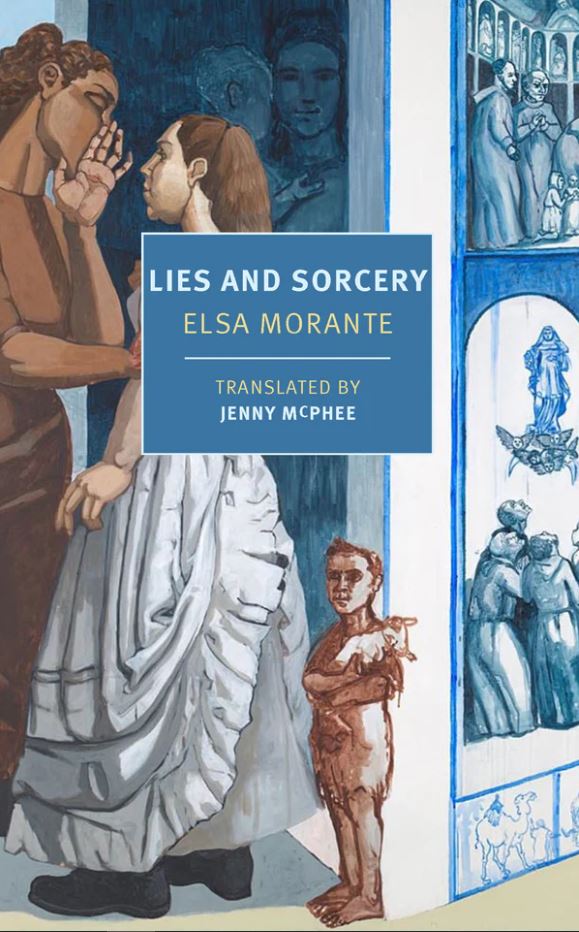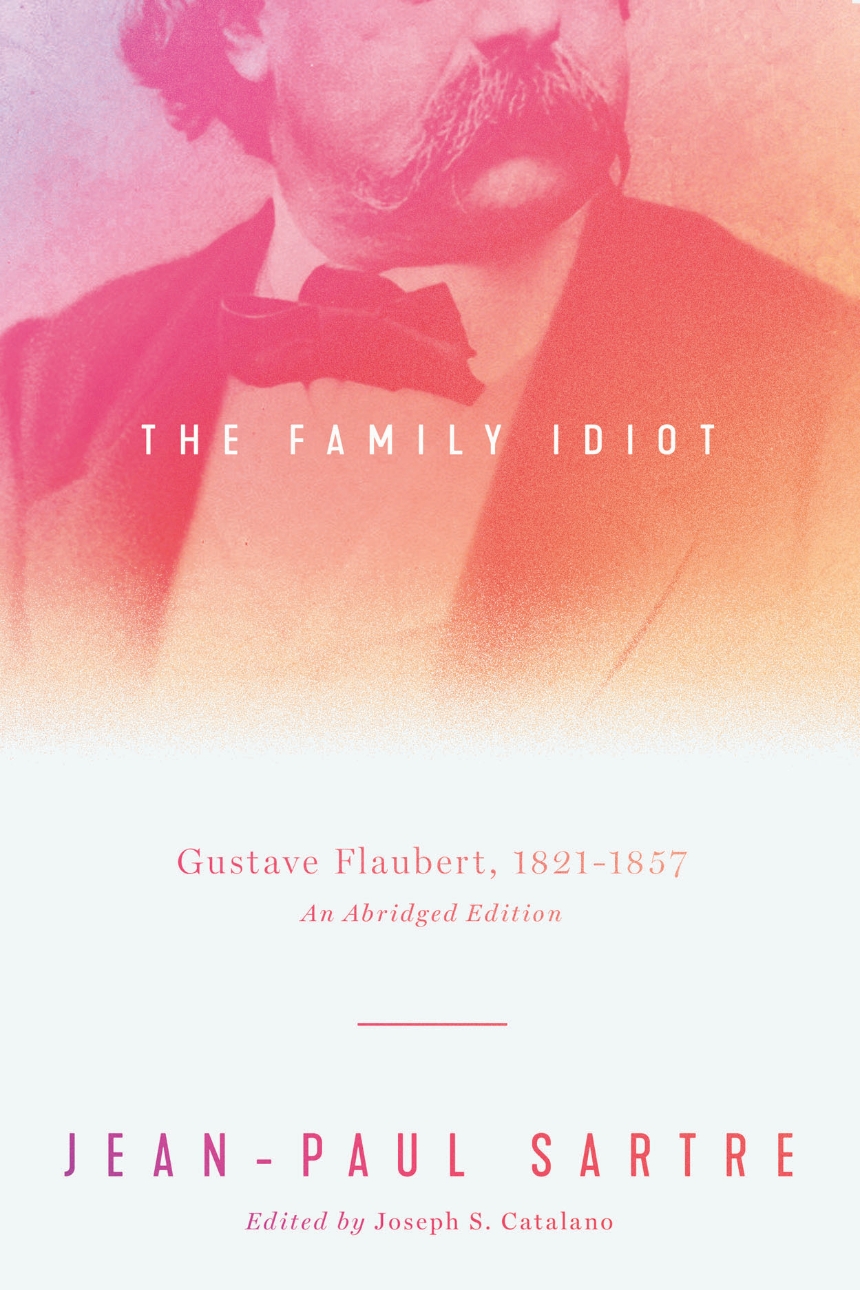Translations
The Odyssey by Homer, translated from ancient Greek by Daniel Mendelsohn
After the horror of war, the difficulty of return – angry seas, lost comrades, plotters at home. Daniel Mendelsohn teaches at Bard College and writes for The New York Review of Books. His compelling new translation of the Odyssey acknowledges the themes of this story have been repeated over millennia: separation, trials, and reunion.
... (read more)On the Calculation of Volume: Book I by Solvej Balle, translated from Danish by Barbara J. Haveland & On the Calculation of Volume: Book II by Solvej Balle, translated from Danish by Barbara J. Haveland
In a famous thought experiment based on the notion of ‘eternal return’, German philosopher Friedrich Nietzsche asked what it would be like to live the same life over and over again, for eternity. Nietzsche’s intention was to set a kind of test that encourages us to consider whether we are living our best life, the life that makes us happiest.
... (read more)A Life in Letters by Robert Chevanier and André A. Devaux, translated from French by Nicholas Elliott
In his otherwise bleak 1963 novel The Spy Who Came in from the Cold, John le Carré lets himself have a little fun with the character of Elizabeth Gold. She is an idealistic Jewish woman in her mid-twenties who works in a small library in the London neighbourhood of Bayswater. She is also a member of the British Communist Party. For Liz, however, membership is less a matter of ideology than a token of her moral commitment to peace work and the alleviation of poverty. She is disdainful of her local branch, with its petty ambitions to be ‘a decent little club, nice and revolutionary and no fuss’ – unlike her comrades in the German Democratic Republic (GDR), whose determined struggle against the militarism and decadence of the capitalist West she admires from afar.
... (read more)Now, the People!: Revolution in the twenty-first century by Jean-Luc Mélenchon, translated from French by David Broder
Jean-Luc Mélenchon is famous in France for his booming eloquence, his rich vocabulary, and his deep knowledge of history and politics. The firebrand orator was born in 1951 in Tangier, Morocco, to parents of Spanish and Sicilian descent, then moved to France with his mother in 1962. After a degree in philosophy and languages he was a schoolteacher before becoming a political organiser and elected politician, notably from inner-city Marseille.
... (read more)The Swann Way by Marcel Proust, translated from the French by Brian Nelson
For German literary critic Walter Benjamin, translation belongs to the ‘afterlife’ of a work, by which he means the ‘transformation and a renewal of something living’. In this sense, a new translation extends this afterlife, renews and sustains it. This does not mean every new translation is worthy of the original, but it does bring it back into the light.
... (read more)Every Man for Himself and God Against All by Werner Herzog, translated by Michael Hofmann
Werner Herzog is perhaps the only cinéaste from the epoch sometimes referred to as the ‘golden age of art cinema’ whose reputation as a pop cultural figure eclipses that of his films. One of the key members of the New German Cinema movement, and the director of celebrated feature films such as Aguirre, the Wrath of God (1972) and The Enigma of Kaspar Hauser (1974), Herzog has come to be known among internet users for his drawling Bavarian accent and his existential musings about solitude, despair, and the brutality of nature. However, as Herzog’s new memoir, Every Man for Himself and God Against All (translated by Michael Hofmann) reveals, behind this ironically morose façade lies a sentimental and deeply thoughtful man who is endlessly fascinated by the human soul and the superhuman drive to transcend what we thought possible.
... (read more)The Visionaries: Arendt, Beauvoir, Rand, Weil and the salvation of philosophy by Wolfram Eilenberger, translated by Shaun Whiteside
Wolfram Eilenberger’s previous book, the bestselling Time of the Magicians (2020), explored the four Germans – Ernst Cassirer, Walter Benjamin, Martin Heidegger, and Ludwig Wittgenstein – who ‘invented modern thought’. The Visionaries keeps to the formula, this time with women in the lead roles. It is described as a group biography, but Hannah Arendt, Simone de Beauvoir, Ayn Rand, and Simone Weil were very much not a group. Nor is it a biography: there is scant biographical information and no analysis of why they lived as they did. Apart from being born at the same time, writing books, and sharing what Eilenberger calls an ‘honest bafflement that other people live as they do’, the quartet have nothing in common: Arendt was a German Jew escaping the Gestapo; Beauvoir a French intellectual on a mission to enjoy herself; Rand a Russian émigré refashioned as an American neoliberal; and Weil a latter-day Joan of Arc. The closest any of them came to meeting was when Beauvoir, for whom the existence of others was ‘a danger to me’, was introduced to Weil, who had wept at the news of famine in China. It did not go well. The only thing that mattered, Weil announced, was a revolution to feed the world’s starving, to which Beauvoir ‘retorted that the problem was not to make men happy but to find the reason for their existence. She looked me up and down. “It’s easy to see you’ve never been hungry”, she snapped. Our relations ended right there.’
... (read more)Homer and His Iliad by Robin Lane Fox & The Iliad by Homer, translated by Emily Wilson
Fans of the Iliad have been well served recently. Late last year saw the arrival of a new translation by Emily Wilson, whose earlier translation of the Odyssey (2018) was greeted with near universal acclaim, and it was joined by a new book about Homer and the composition of the Iliad by one of the leading scholars of Greek history, Robin Lane Fox. Both works encourage us to rethink our connections to this epic poem and its value for contemporary life. Set against a backdrop of clashing Greek and Trojan forces, what does this poem about the fatal sequence of events that emerges from a disagreement between two feuding warlords have to teach us?
... (read more)Lies and Sorcery by Elsa Morante, translated by Jenny McPhee
Elena Ferrante declared Elsa Morante’s début novel Menzogna e sortilegio (1948) ‘fundamental’ to her literary formation. The novel is now available unabridged in English for the first time as Lies and Sorcery, in a brilliant translation by Jenny McPhee.
Like Ferrante’s Neapolitan quartet, Morante’s novel begins with the loss of the woman closest to the narrator, propelling a first-person epic to recover a shared past. However, this novel has little of the visceral realism that Ferrante has become famous for in the Anglophone world. It is instead a delirious mix of ghost story, romantic epic, and Künstlerroman that remains almost as difficult to categorise today as when it was published at the height of Italian neorealism.
... (read more)The Family Idiot: Gustave Flaubert, 1821–1857, an abridged edition by Jean-Paul Sartre, translated by Carol Cosman, edited by Joseph S. Catalano
The Family Idiot (originally published in French in three volumes in 1971–72) is a study of Gustave Flaubert (1821–80). It was published in a fine translation by Carol Cosman, in five volumes, between 1981 and 1994. The Sartre scholar Joseph S. Catalano has produced a skilful, beautifully edited abridgment of this gargantuan opus.
... (read more)

